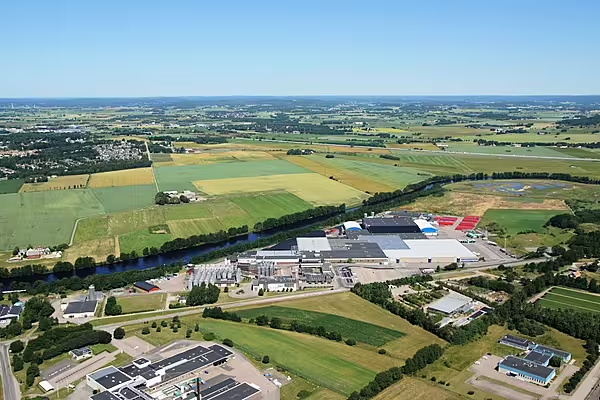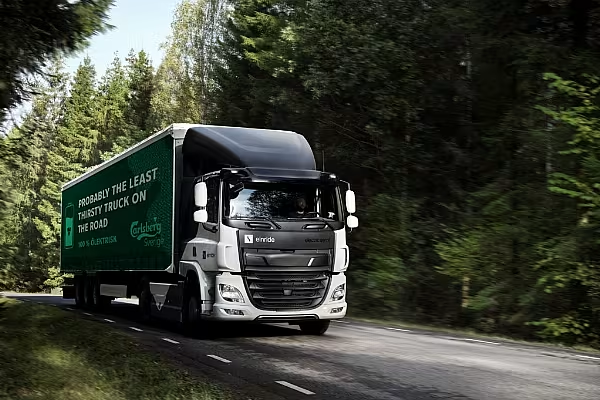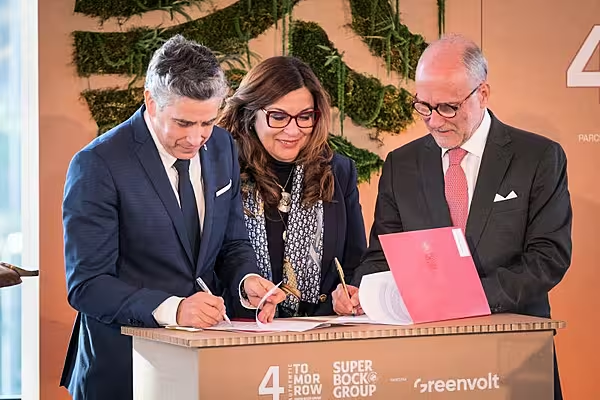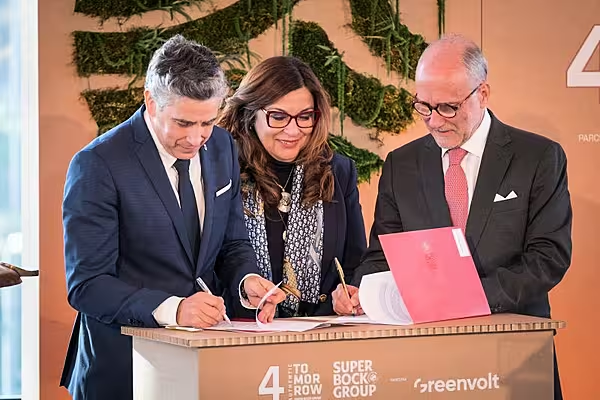Global drinks company Carlsberg group announced that its brewery in Falkenberg, Sweden, now runs on zero carbon emissions.
As part of the Carlsberg's ‘Zero Carbon Footprint’ sustainability programme, its Swedish subsidiary, Carlsberg Sverige, fully changed the Falkenberg brewery’s power supply to biogas and green electricity.
The brewery has been using green electricity for many years, with 26% of the thermal energy coming from biogas generated from the brewery’s own wastewater, according to the company.
The remaining 74% has, so far, been natural gas, which has been converted to biogas in cooperation with energy supplier Ørsted AB. The supplier ensures that the biogas supplied to the grid has replaced an equivalent amount of natural gas, according to Carlsberg.
The ‘Zero Carbon Footprint’ initiative has set a 1.5-degree ambition, which is lower than the 2016 Paris climate agreement’s two-degree UN goal. The company has also committed to eliminating carbon emissions and halving water usage at its breweries by 2030.
Carbon Neutral
"For many years, we have been working to create a more efficient brewery, with as little impact on our environment as possible,” said Ted Akiskalos, CEO of Carlsberg Sverige.
“This is clear when looking at how much we have reduced our energy consumption over the years. It is motivating that we now take a big step forward and use solely carbon-neutral energy sources,” Akiskalos continued.
While the well-functioning Swedish biogas infrastructure grid made it possible to fully convert to renewable energy sources, similar steps will be more challenging in other countries, according to Carlsberg.
The company said that it will rely on the best available options for developing and sourcing sustainable energy, including the establishment of solar panels and purchasing renewable energy, where possible.
Encouraging Transition
The not-for-dividend company Carbon Trust, which helps companies reduce their carbon emissions, is also working with Carlsberg to explore the company’s options to become a zero-carbon brewer.
“This will include adoption of innovative energy-efficiency technologies, own renewable electricity and heat, as well as sourcing renewable energy, such as biogas,” said Tom Delay, chief executive of the Carbon Trust. “Seeing this first Carlsberg brewery make this transition so soon is very encouraging, and should be seen as a demonstration of how industries can embrace new technologies to mitigate climate change.”
“Climate change is perhaps the most important issue for our society today, for citizens, governments and companies all over the world, and we are very pleased with the positive development in Carlsberg Sverige,” said Simon Boas Hoffmeyer, sustainability director, Carlsberg Group.
“This underlines our willingness to contribute to tackling climate change at the same time as governments are focusing on scaling and speeding up impact at the COP23 in Bonn. Carlsberg Group will continue to chase our ambitions and targets as we strive to brew for a better today and tomorrow,” Hoffmeyer added.
Last September, the chairman of Carlsberg, Flemming Besenbacher, called for increased action against climate change at the Climate Week event in New York.
In August, Carlsberg opened a bar powered entirely by renewable energy in the centre of Copenhagen, to mark the company's 170th anniversary. The bar is powered by an integrated windmill, but it also features a bicycle that customers can use to generate energy if there is no wind.
© 2017 European Supermarket Magazine – your source for the latest retail news. Article by Kevin Duggan. Click subscribe to sign up to ESM: The European Supermarket Magazine.













